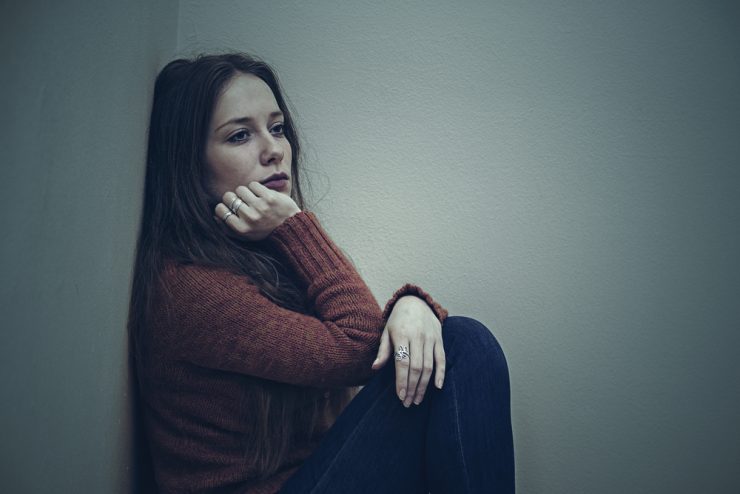The focus of this year’s World Mental Health Day (October 10th) is on young people and the issues they face in today’s world, such as social media and the pressures it undoubtedly brings.
So, how can we help alleviate the stress and anxiety that is becoming more and more common in adolescents and young people?
Clinical nutritionist Suzie Sawyer shares some thoughts.
PSYCHOSOCIAL SUPPORT
Mental health is no longer a taboo subject, which is a massive help when it comes to tackling the problem. Parents and teachers can help to build resilience in young people from an early age as well as encouraging them, for example, to appreciate some of the negative issues surrounding social media. There’s no doubt that many of today’s problems are caused by self-esteem issues arising from an overuse of social media channels.
Much more can also be done in schools, colleges, universities and the workplace with better training for health workers. However, if you’re concerned that your son or daughter is suffering there’s plenty of qualified BACP counsellors (bacp.co.uk) across the country trained to deal with such problems.
NUTRITIONAL HELP
What we eat can have a marked effect on brain function and mood. For example, certain gluten-containing foods can cause depression in some people. Equally, a lack of nutrients, especially the mineral zinc and the B-vitamins, can adversely affect mood and cause anxiety.
While teenagers are not renowned for eating the best diet, it’s worth trying to make as many meals as possible ‘count’. For example, simple swaps such as wholemeal pasta (or gluten-free pasta) and including fish (particularly oily fish such as salmon) rather than fish fingers, twice a week is a great start. Additionally, trying to eat vegetables (frozen is OK), especially the green leafy variety, every day, can make a big difference to brain function. These foods are all nutrient-dense and can help stabilise mood.
AVOIDING ADDICTIVE SUBSTANCES
While many young people think that alcohol makes them happy, it’s actually a depressant, and they should be encouraged to have plenty of alcohol-free days. And of course, the effects of recreational drugs are significant. If you suspect your son or daughter is indulging, it is worth seeking professional help and ensuring your lines of communication are as open as possible so they can come to you without judgement.
Additionally, caffeinated drinks cause blood sugar disturbances, which in turn affect mood. Drinking decaf tea and coffee or herbal and fruit teas, together with 1.5 litres water daily, can help reduce the caffeine load.
SLEEP AID
Anxiety can cause sleep issues. The diet and lifestyle changes outlined above can have a positive impact on getting a peaceful night. However, if sleep is still an issue it is worth trying a supplement of 5-HTP. This is is the pre-cursor to tryptophan, which produces our happy hormone, serotonin, and in turn, melatonin, our sleep hormone. It has the dual effect of reducing anxiety and encouraging restful sleep. 5-HTP is available in health food stores and best taken about one hour before bedtime with a carbohydrate snack.
To find out more about World Mental Health Day and general mental health support visit the MIND website.
























I like this blog very much so much superb information.